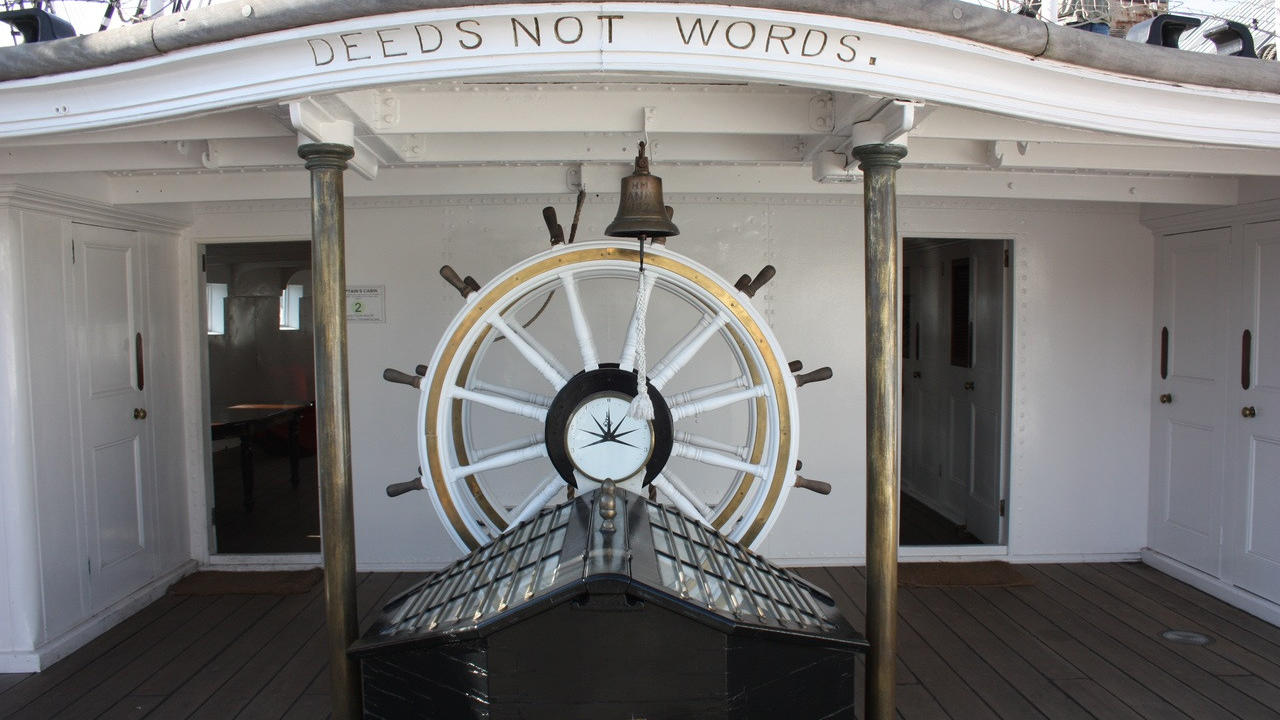Controlled Response
Dec 30, 2020
In working through the importance of controlling our delivery in the last post, I stopped just short of detailing the scenario in question. Without going into specifics and tossing anyone under the proverbial bus, I’ll touch on that briefly now as it tees up the topic we’ll look at this time…
A business associate who was doing some work for a friend we referred to them had been asked to make a few changes in some documentation. In a normal world, those changes may realistically take an hour or two to get knocked out. The request was made on Dec 1. On Dec 14 or so, our friend was told that the changes still weren’t complete but would be no later than Dec 21. That day came and went without the changes being made. On Dec 23, our friend received an email saying that the person responsible for making the changes had decided to close their office until Jan 4 without providing any detail on when the changes would actually get some attention.
Hey, I get it. We’ve all had some curve balls thrown at us since Covid took over the world. We all have times where we swing and miss. I’ll get to how we can control that shortly. In this case however, I can’t see where the person who is supposed to be doing the task has even left the dugout… They certainly don’t seem to be in the batter’s box!
Moving on… Different scenario, different friend, different business associate…
In complete transparency, this example is going to be extremely vague. I have no intention of painting anyone in a bad light so I’ll be leaving out some critical details, but the point we’ll close with will tie back to both scenarios as well as so many each of us could potentially encounter on any given day - and we can control some much of the outcome with how we control our response!
Our friend knew some significant changes were likely just a few weeks away. They contacted the appropriate person at the business we had referred them to, who had been great to deal with all along, and was assured that all the necessary paperwork was in place and accurate for when the change occurred. A few days after this change took place, our friend called back to begin the process of handling the situation. At that point, the same person they had spoken with just a few weeks prior asked why they hadn’t done certain things to make handling the change easier since they had put those actions in place on another piece of business they had done together at the same time.
Having called to ensure things were correct and getting confirmation from this same person just a few weeks prior, our friend was very frustrated - and rightfully so! Since I was helping them work through the details of this process, I contacted the manager of the business. My goal wasn’t to scream and shout, but to bring the issue to his attention. We had known one another for several years and although the issue wasn’t intentional, it was going to result in a ton of time and expense for our friend to deal with. It was also very likely to result in our friend taking a significant amount of business elsewhere…
He appreciated the heads up on the situation and told me that he would look into how they could prevent an issue like this from occurring in the future. He also asked me to apologize to our friend on his behalf. Fair enough… If anyone says they don’t make mistakes, they’d likely lie about other things too! (like being set up by a hair salon or having extenuating circumstances for visiting family while telling everyone else not to…)
Here’s where these scenarios tie together. In the example from the last pst, controlling what was delivered played a significant role in the outcome. But there will be times where we do everything we possibly can to deliver the best result possible and we still make a mistake. Whether it’s a mistake in our delivery or the simplest of misunderstandings, we can take complete control of our response! When we take that control by accepting responsibility, we may not be able to fix the error, and sometimes we won’t even be able to salvage that part of the relationship. But neglecting to take that control in our response can leave a gaping hole that may never be filled.
Controlling our delivery with the goal of always exceeding expectations then controlling our response by accepting responsibility when we make a mistake both calls for us to control something else - and we’ll look at that next…
90-DAY GUIDE: Lead Your Team Through Any Leadership Challenge
Did You Know?
Growing your leadership acumen is the fastest way to equip your team to lead through today's leadership challenges.
We've been equipping leaders like you for decades. We know you do not need another theory. You need a clear starting point and a simple system. This guide gives you both.
Includes a 90-day action plan.
We hate SPAM. We will never sell your information, for any reason.





